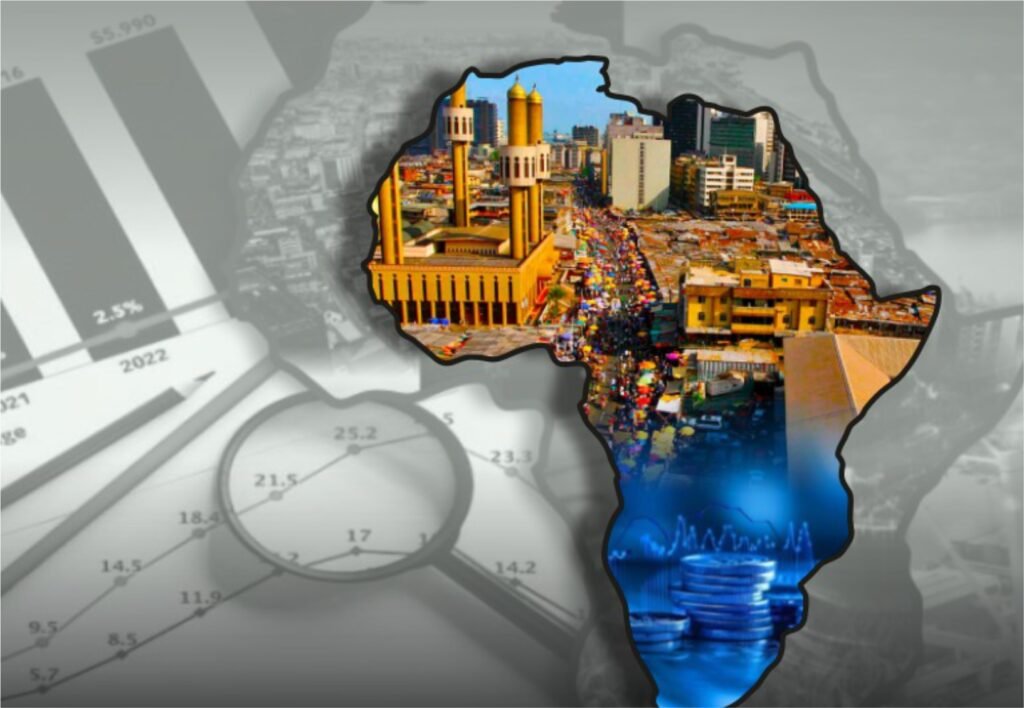
In today’s hyperconnected, AI-accelerated world, Africa’s competitive advantage won’t be found solely in coding bootcamps or STEM-focused degrees. Instead, the continent’s economic destiny may hinge on a less celebrated, yet increasingly decisive factor — soft skills. These include communication, emotional intelligence, adaptability, problem-solving, cultural fluency, and leadership.
The Global Shift in Skills Demand
The World Economic Forum’s Future of Jobs Report (2025) shows that while technical skills remain critical, the fastest-growing global demand is for “human-centric” capabilities. As automation takes over repetitive tasks and AI delivers rapid computational power, the unique value humans bring to the table is rooted in creativity, empathy, and the ability to collaborate across cultures.
For Africa — home to the world’s youngest population — this shift is an opportunity to leapfrog older economies. Nations that invest in soft skills now can position their workforce as global leaders in industries that rely on trust, cultural context, and adaptive thinking.
The Problem: Education Systems Still Play Catch-Up
Across much of the continent, education systems remain heavily exam-oriented, rewarding rote learning rather than the dynamic, collaborative approaches required in modern workplaces.
Nigeria produces hundreds of thousands of graduates annually, yet many employers lament a “skills mismatch” — not in technical know-how, but in work readiness.
In Kenya, tech companies report that strong coders often fail in client-facing roles because they lack negotiation skills and professional communication etiquette.
This gap has created a paradox: Africa produces talent but struggles to integrate it into high-value global opportunities.
Why Soft Skills Are Africa’s Secret Weapon
Global Freelance Economy – African freelancers are competing for global contracts where client relationships matter as much as technical output. A coder who communicates progress clearly will beat a silent genius.
Remote Work & Distributed Teams – With companies spanning continents, cross-cultural collaboration is non-negotiable. Emotional intelligence helps African workers navigate and lead in diverse settings.
Leadership in Emerging Industries – From fintech to green energy, industries are evolving so fast that adaptability and continuous learning become more valuable than static technical expertise.
Countries Already Leading the Soft Skills Revolution
Rwanda has integrated problem-solving and teamwork into its secondary education curriculum, seeing measurable boosts in entrepreneurship rates among youth.
South Africa’s corporate sector is experimenting with “reverse mentorship,” pairing younger, tech-savvy employees with senior executives to foster cross-generational learning.
The Risk of Missing the Moment
If Africa fails to invest in this skills pivot, the continent risks producing a generation of technically capable but globally uncompetitive professionals. In a world where AI can write code, analyze markets, and even draft contracts, what will set African talent apart is the ability to connect, persuade, lead, and innovate with empathy.
What Needs to Happen Next
Curriculum Overhaul – Shift from memorization-heavy syllabuses to project-based learning.
Private Sector Involvement – Companies must co-create soft skills training programs, not just complain about graduate readiness.
Public-Private Partnerships – Align government job creation schemes with skills development that targets both technical and human capabilities.
The 21st-century skills race isn’t about producing more engineers, developers, or scientists alone — it’s about producing leaders, negotiators, storytellers, and innovators who can work with people from Lagos to London to Los Angeles.
If Africa wins the soft skills race, it won’t just participate in the global economy; it will help define it.